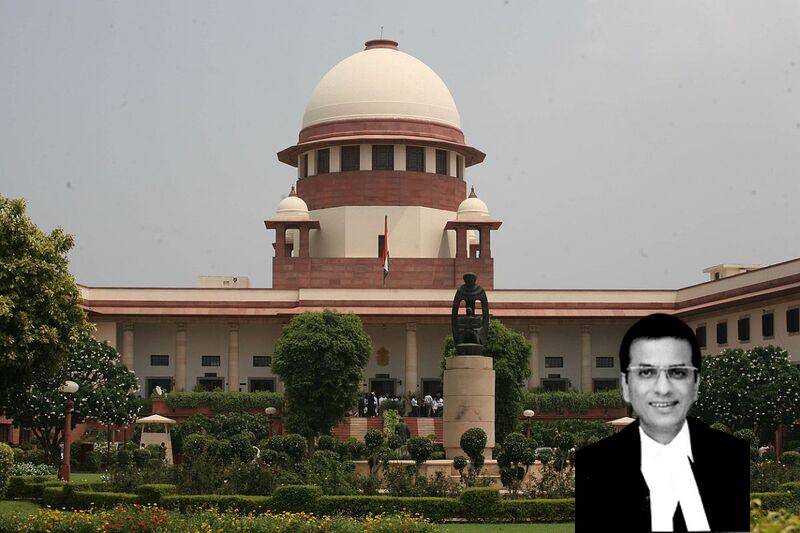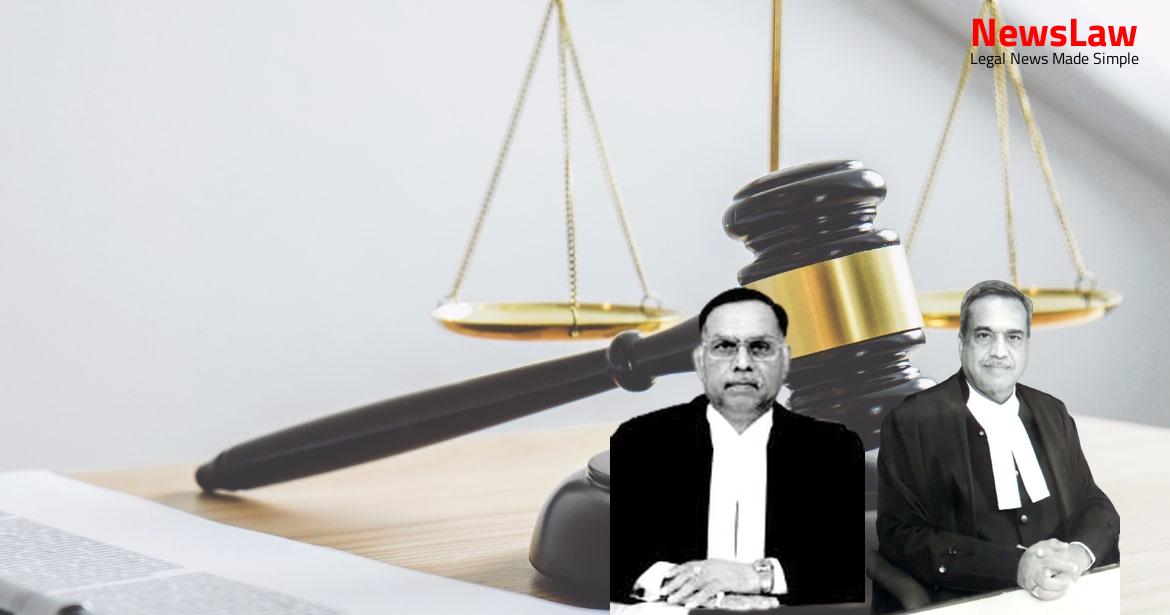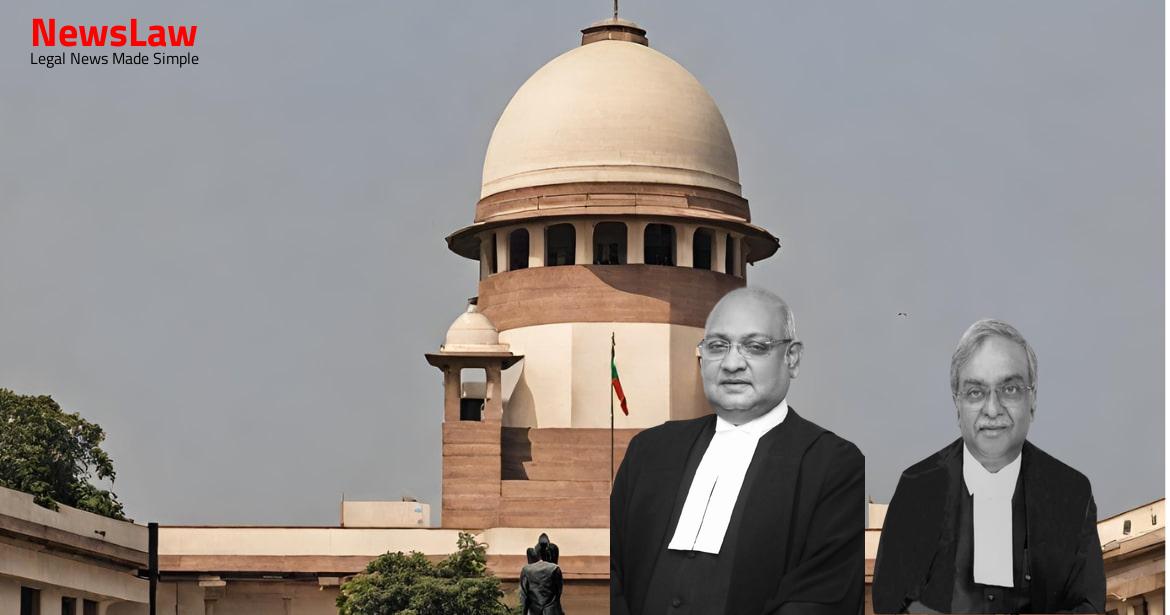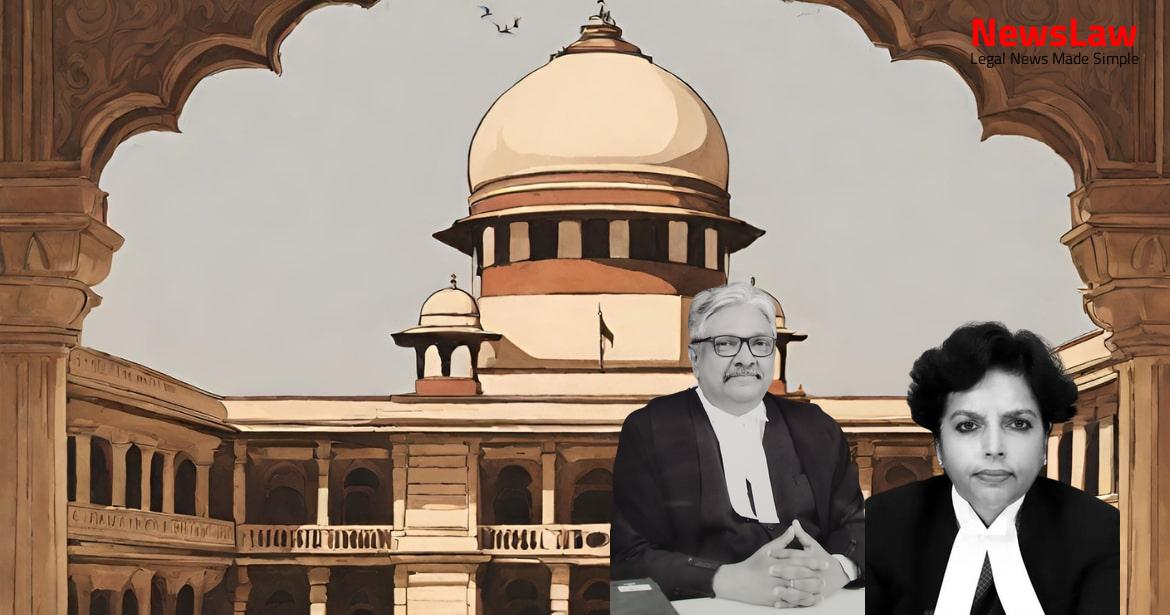By the impugned judgment, the High Court has stayed the execution and operation of the judgment and decree dated 24 May 2021 passed by the learned District Judge-1, Osmanabad, in a suit filed by the appellant. The appellant claimed permanent injunction restraining the respondent from infringing copyright in its artistic label either by reproducing the label or the substantial part of it in any material form by printing, publishing or using the label or any other work, which is an imitation or reproduction of the appellant’s label or substantial part thereof. After a complete trial, the learned District Judge decreed the suit by passing the following decree: “ 1. Defendant or anybody claiming through it, are hereby permanently restrained by an order of perpetual injunction from infringing the Plaintiff’s copyright in its artistic labels Annexure- ‘A’, ‘A-1’ (Exh.66), ‘B’ and ‘Bl’ (Exh.71) by reproducing the same or substantial part thereof in material form or by printing, publishing or using the impugned label Annexure-‘C’ (Exh.74) or any other work which is an imitation or reproduction of the Plaintiffs above mentioned artistic labels or substantial part thereof.
(Exh.74) or any other trade mark label deceptively similar to the Plaintiff’s trade mark label Annexure- ‘A’ in Exh.66 and ‘B’ in Exh. Defendant is directed to deliver to the Plaintiff for destruction the labels, wrappers, goods, dies and literature, books and printing material and things being the impugned label Annexure-‘C’ (Exh.74), within one month and Plaintiff shall pass receipt/acknowledgement thereof.” 3. The learned Trial Judge further held that the respondent, by reproducing a substantial part of the label of the appellant has infringed the copyright of the appellant.
Being aggrieved by the said decree, the respondent herein preferred an appeal before the High Court. The learned counsel submitted that the learned Single Judge of the High Court ought not to have attached much importance to the fact that during the pendency of the suit, the application made by the appellant claiming interim relief in terms of the decree prayed in the suit was rejected, which was affirmed by the High Court. He urged that since after a complete trial, a decree was passed in favour of the appellant, it ought not to have been stayed. The learned counsel has produced, for the perusal of the Court, the specimen bottles in which country liquor is being sold by the appellant and the respondent. He also submitted that merely because there is a possibility of disrupting the business of the respondent/defendant, the Court cannot stay the decree of injunction.
He submitted that apart from the fact that there is no similarity between the labels used by the parties, the appellant has not adduced evidence to prove its figures of sale, turnover, advertisement expenses, etc. The appellant raised an objection but later on, withdrew the same. He submitted that the objections were withdrawn by the appellant on 25 April 2016, but the suit was filed by the appellant on 4 October 2017 which is nearly one and half years after the objections were withdrawn.
; Corn Products Refining Co. ; A decision of the Court of Appeal dated 24 January 1990 in the case of Payton & Co. While dealing with the prayer for a stay of execution of the decree subject matter of challenge, it was not necessary for the High Court to make an in-depth consideration of the merits of the appeal. The said relief was denied by the Trial Court by the order dated 12 April 2019, which was confirmed by the High Court by the judgment and order dated 7 January 2020. Firstly, we may refer to a decision of this Court in the case of Satyam Infoway Ltd. An action for passing off, as the phrase “passing off” itself suggests, is to restrain the defendant from passing off its goods or services to the public as that of the plaintiff’s. If two trade rivals claim to have individually invented the same mark, then the trader who is able to establish prior user will succeed. The word misrepresentation does not mean that the plaintiff has to prove any mala fide intention on the part of the defendant. Pub Squash, 1981 RPC 429 : (1981) 1 All ER 213 : (1981) 1 WLR 193 (PC); Erven Warnink v. The third element of a passing-off action is loss or the likelihood of it. In this decision, this Court approved its earlier view in the case of S. Thereafter, in paragraph 40 of the said decision, this Court held that if goodwill or reputation in a particular jurisdiction is not established by the plaintiff, no other issue really would need any further examination to determine the extent of the plaintiff’s right in the action of passing-off. Mr Sudhir Pokhale was examined on an altogether different issue regarding the approval of labels sought by the respondent. Prima facie, it appears to us that at the time of the final hearing of the suit, it was incumbent upon the appellant-plaintiff to actually prove the figures of sales and expenditure incurred on the advertising and promotion of the product. Only by producing the statements without proving the contents thereof, the appellant could not have established its reputation or goodwill in connection with the goods in question. While deciding an application for a temporary injunction in a suit for passing-off action, in a given case, the statements of accounts signed by the Chartered Accountant of the plaintiff indicating the expenses incurred on advertisement and promotion and figures of sales may constitute a material which can be considered for examining whether a prima facie case was made out by the appellant-plaintiff. Even assuming that the allegation of deceptive similarity in the labels used by the respondent was established by the appellant, one of the three elements which the appellant was required to prove, has not been proved. This Court held that if the acquiescence in infringement amounts to consent, it will be a complete defence.
This Court observed that mere negligence is not sufficient. In paragraph 28, he accepted that in March 2016, the respondent applied to the Commissioner, State Excise for permission to use ‘Two Punch Premium’ labels. Though he claimed that the objection was not withdrawn unconditionally, he accepted that in the letters of withdrawal of the objection, it is not mentioned that the withdrawal was conditional. It is not as if those objections were not pursued, but there was a positive act on the part of the appellant of withdrawing the said objections by submitting the letters of withdrawal in which, admittedly, it was not mentioned that the withdrawal was conditional. Therefore, it is very difficult to find fault with the impugned interim order of the High Court which will be operative till the disposal of the substantive appeal preferred by the respondent. Kalani by the appellant, the following portion has been recorded by the learned Trial Judge: “..
Shri XXX (name masked) is requested to listen carefully the question put up to the witness and thereafter to carefully listen to answer given by the witness. Shri XXX (name masked) that the question should be clearly put up to the witness, are not relevant. Shri XXX (name masked) shall not raise such objection henceforth. If the members of the Bar do not cooperate with the Trial Courts, it will be very difficult for our Courts to deal with the huge arrears. In the facts of the case, looking at the persistent objections raised by the learned advocate, the Court was required to record a substantial part of the cross-examination in question-and- answer form which consumed a lot of time of the Court.
The appeal shall be decided on its own merits.



